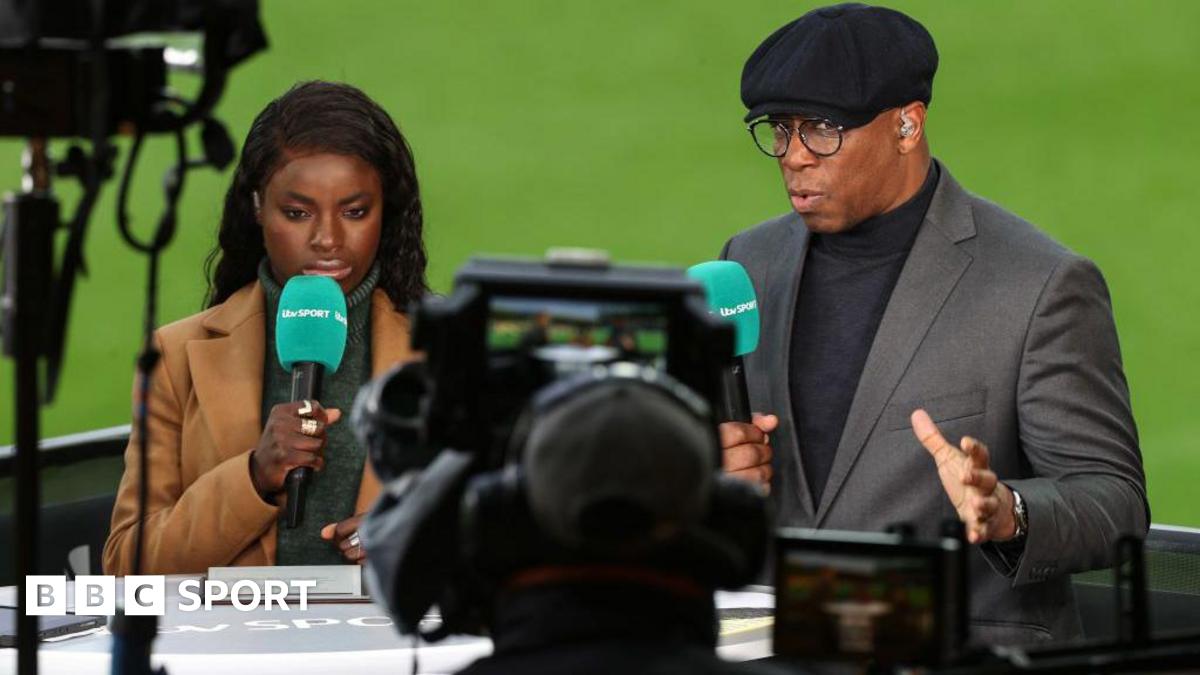Aluko: Bias Against Women Pundits in Football
The football world is facing increasing scrutiny over its treatment of women, particularly in punditry roles. A recent, high-profile case involving former England international Eni Aluko has brought the issue of gender bias sharply into focus, sparking a wider conversation about equality and representation in the sport.
Aluko, a highly respected former footballer with a wealth of experience, has been vocal about the challenges she and other women face in securing prominent punditry positions. Her claims highlight a systemic issue within the football media landscape, one that demands immediate attention and action.
The Aluko Case: A Microcosm of a Larger Problem
Aluko's experience isn't isolated. Many female ex-players and analysts report facing significant hurdles in gaining equal footing with their male counterparts. These challenges range from limited opportunities and lower pay to outright dismissal of their expertise and constant questioning of their credibility.
- Limited Opportunities: Many broadcast networks still heavily favor male pundits, creating a skewed representation that fails to reflect the diversity of the sport. This lack of opportunities stifles the potential contributions of talented women.
- Pay Inequality: Even when women secure punditry roles, they often earn significantly less than their male counterparts for the same work, reflecting a broader gender pay gap that persists across many industries.
- Disrespect and Dismissal: Female pundits frequently report being interrupted, talked over, or having their opinions dismissed outright by male colleagues and hosts. This creates a hostile and unwelcoming environment that discourages participation.
- Lack of Mentorship and Support Networks: The lack of established female role models and support networks within the industry can make it even more challenging for aspiring female pundits to navigate the complexities of the field.
The Need for Change: Promoting Diversity and Inclusion
The football world must actively work towards creating a more inclusive and equitable environment for women in punditry. This requires a multifaceted approach:
- Increased Representation: Broadcasters need to actively seek out and recruit female pundits, ensuring a more balanced representation on air. Quotas or targets could be implemented as a short-term measure to accelerate progress.
- Fair Compensation: Equal pay for equal work is paramount. Transparent salary structures and equal pay audits are essential to address the existing pay gap.
- Training and Mentorship: Investment in training and mentorship programs specifically designed for female pundits can help them develop their skills and build confidence.
- Addressing Implicit Bias: Unconscious biases can significantly impact hiring and promotion decisions. Training for broadcasters and producers to identify and mitigate these biases is crucial.
- Creating Safe and Respectful Environments: Zero-tolerance policies for sexism, harassment, and disrespectful behavior must be implemented and rigorously enforced.
Moving Forward: A Call for Action
The Aluko case serves as a crucial wake-up call. Ignoring the issue of gender bias in football punditry is not only unfair but also detrimental to the sport as a whole. By fostering a more inclusive environment, football can benefit from a wider range of voices, perspectives, and expertise, leading to richer analysis and a more engaging viewing experience for everyone. The time for change is now. Broadcasters, leagues, and footballing bodies must take concrete steps to address this issue and ensure that women are given the platform and respect they deserve.
What are your thoughts on the gender bias in football punditry? Share your views in the comments below.

